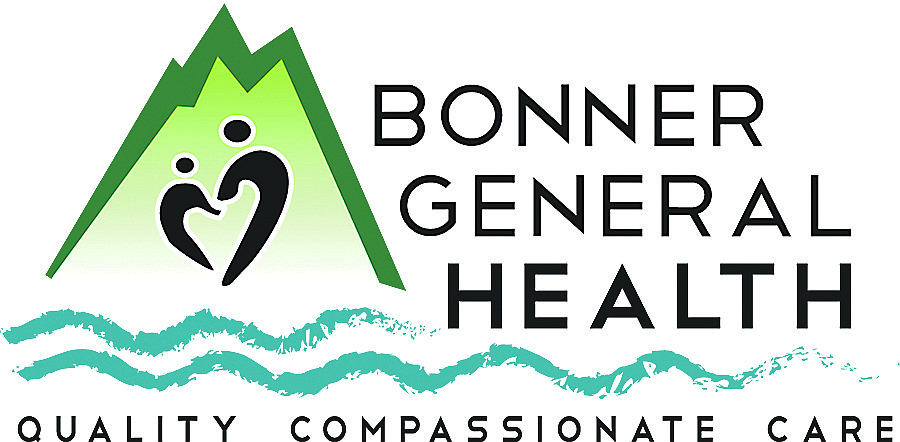Up to 70 percent of people with asthma don’t know it
KATHY HUBBARD / Contributing Writer | Bonner County Daily Bee | UPDATED 6 months, 1 week AGO
When we think of asthma, we tend to think of children. I know that I do, since my brother had severe asthma as a child, but then lucky for him, he outgrew it. Anyway, it’s apparently not uncommon for adults – from 20 to 70% – to have asthma or COPD (a subject for another day) and not know it.
An article published in the New York Times on May 22 talked about a study that was conducted by researchers at the University of Ottawa who came up with those statistics after conducting a study of more than a million households in Canada.
Although a lot of people hung up on the survey takers, they actually talked to more than 38,000 people and ultimately found more than 500 people who had undiagnosed asthma or COPD. These people were then put into clinical trials for medications. The end result plan was to develop treatments for people that would improve their daily lives, prevent or decrease emergency room visits, and reduce the cost of seeking specialized medical providers.
The Allergy & Asthma Network’s website says that 25 million people in the U.S. have asthma of which around 20 million are adults. They also say that more women than men are apt to have it.
“Asthma is a chronic condition that causes swelling and inflammation in the lungs. It is accompanied by overproduction of mucus and spasm of smooth muscles that control breathing. Adult-onset asthma is typically defined as asthma that begins any time after the age of twenty,” AAN says.
The risk factors for developing adult onset include a family history of asthma, allergies, smoking, obesity, significant stress, occupational or job-related exposure and air pollution. “While none of these factors determine if you develop asthma as an adult, they should be considered if you start experiencing symptoms of asthma,” they say.
Often adult-onset asthma is caused by allergies, hormonal changes including pregnancy, menopause and using hormone replacement therapies. Certain respiratory infections like the cold or flu could be the culprit as can having GERD, heartburn and acid reflux. Environmental irritants including smoke, mold, dust, feather beds and perfumes can also be blamed.
“It’s also believed that as people age, their immune system becomes more sensitive, opening the door to new allergies. Asthma can become more serious as people age. This is because adults tend to ignore their asthma symptoms or attribute them to other factors. These factors may include getting older or being overweight or out of shape,” AAN explained.
So, what are the symptoms to look for? AAN says that symptoms are pretty much the same in adults as they are in children. However, asthma in adults is often more persistent.
You’ll want to talk to your primary care provider if you experience shortness of breath either while exercising or at rest; frequent coughing, especially at night; wheezing; difficulty breathing clearly and chest tightness.
“Severe asthma symptoms may indicate that you are experiencing an asthma attack. An asthma attack occurs when an asthma trigger causes the lungs to become inflamed and swollen. Symptoms of an asthma attack may include increased coughing, difficulty breathing, wheezing or whistling sound, and/or chest pain or tightness,” AAN says.
An asthma attack can be an emergency. If you’ve already been diagnosed, you’ll most likely have an Asthma Action Plan. If not, and the symptoms continue or get worse, you should seek immediate medical attention. Left untreated, an asthma attack can be fatal.
AAN continues, “There is no cure for asthma. Treatment focuses on achieving good asthma control. This includes avoiding asthma triggers and treating asthma with medications. These medications help open the airways, soothe inflammation and prevent symptoms. Adult-onset asthma can result in a faster decline in lung function. It’s important to speak with your doctor when symptoms arise and to follow your treatment plan.”
Common asthma triggers include indoor and outdoor allergens (dust, dander, mold, pollen), irritants (cigarette smoke, exhaust, pollution), respiratory viruses, exercise, stress, cold air or sudden changes in temperature, strong smells, strong emotions such as laughing or crying, hormonal changes and humidity.
If you don’t have a primary care provider, Bonner General Family Practice is accepting new patients, including those on Medicare and Medicaid. Call 208-265-2221 for an appointment.
Kathy Hubbard is a member of Bonner General Health Foundation Advisory Council. She can be reached at kathyleehubbard@yahoo.com.

